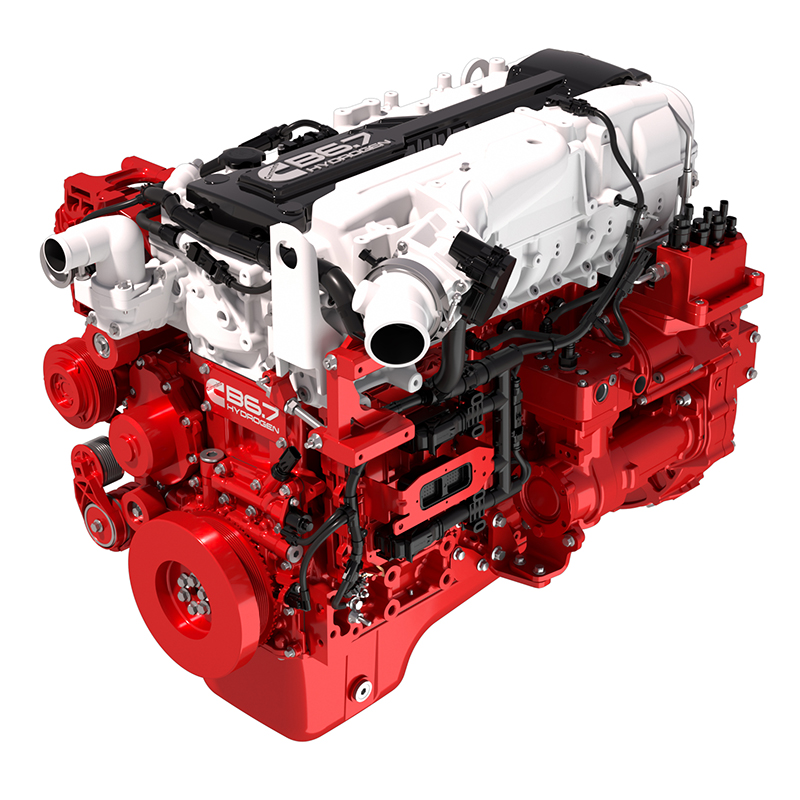A deeper river will allow both larger ships to be utilized and current ships being used to be...
Could Hydrogen Power New Ag Machines?

When you look at tractors, combines and other big ag machines, you will likely struggle to find machines powered by a Cummins engine.
That is, of course, unless you have a Case IH from before 2010 or have a new Claas Trion combine. But the company’s new head of global ag business thinks it is prime time for the company to grow its ag business.
“Ag is … a very high priority for Cummins,” says Phil Dawson, who took over the company’s agriculture business earlier this year.
Dawson has been with Cummins for 14 years, mostly working in the company’s off-highway business — primarily construction and agriculture. He took over the company’s global ag business five months ago.
Cummins engines once powered many Case IH machines, but that partnership ended in the early 2010’s. Today, it’s a much smaller player in the U.S. ag machinery market. Its L9 engines power the Claas Trion, and several of its other engines power tractors made by Versatile.
Still, agriculture is a key growth sector for the company, Dawson says, as it provides a more stable, less cyclical market than some of the other markets the company is in.
“If we look at sort of Cummins as a whole, globally, we're obviously more than a diesel engine manufacturer. We've invested heavily in alternative technologies. Diesel is still king when it comes to powering large ag machines and will likely remain that way for some time.
But tougher emissions standards over the years have forced engine manufacturers to make big changes to their products, and Cummins is no different, according to Dawson. The company is already gearing up for the next step of off-road emissions standards — Tier 5 — which will likely be rolled out by the end of the decade.
But Dawson says Cummins is also gearing itself up for a post-diesel future. A hydrogen derivative of its diesel engine is next in the pipeline. "The benefits of hydrogen internal combustion engine is that it still provides a lot of commonalities for our OEMs," he says. "It's a common powertrain design; it's very similar in the way it would be installed into an application and typically operated. In terms of performance characteristics, it's very similar to a diesel engine. So, we think there is a future for hydrogen given the sort of power density it provides, the serviceability, the machine integration and sort of the similarities to diesel."
EDITOR’S TAKE:
The development of hydrogen powered tractors and combines seems like a natural next step in the evolution of ag equipment. Electric power might work for smaller utility type equipment that doesn’t stray too far from the home base. However, it would be cumbersome for large tractors and combines with long run times and unpredictable schedules. Hydrogen, on the other hand, could be the answer since it is so readily available. The biggest challenge will be the infrastructure to power its adoption. That said, keep your eye on this technology coming to a farm or ranch near you in the not-so-distant future.
Did you notice that comment about ag being more stable, less cyclical? Plus, we know farmers/ranchers have money, lower debt and like to purchase trucks. That’s why you should be promoting your inventory on AgTruckTrader.com. That website is geared specifically towards farmers and ranchers, a key audience of potential buyers!








